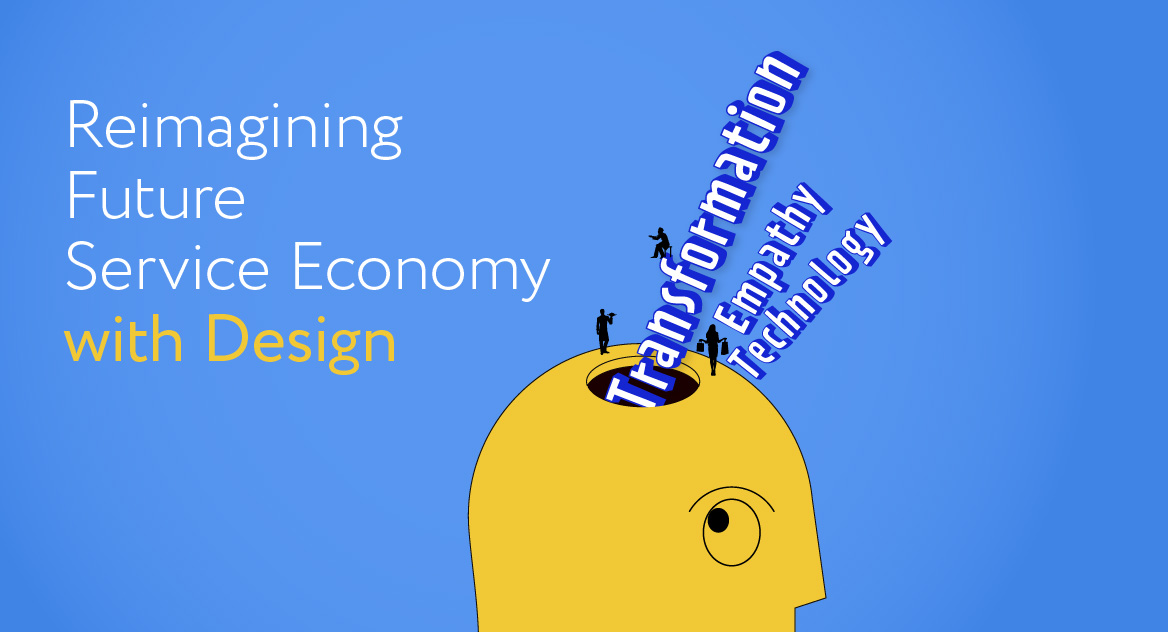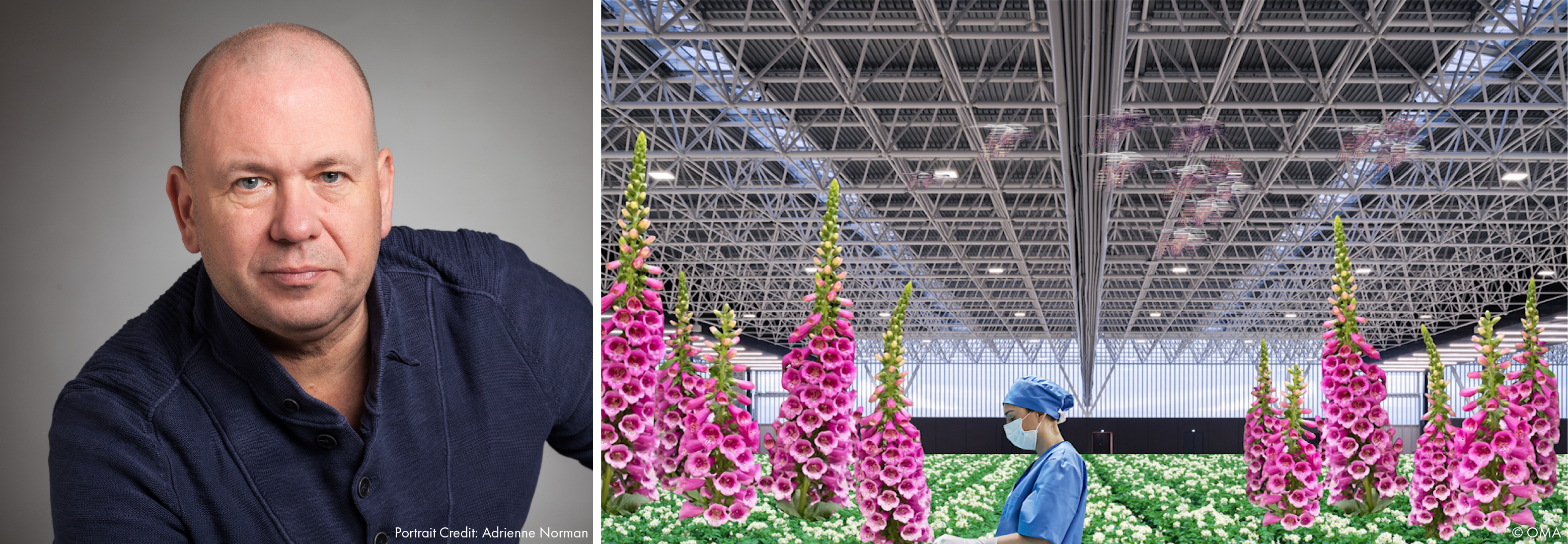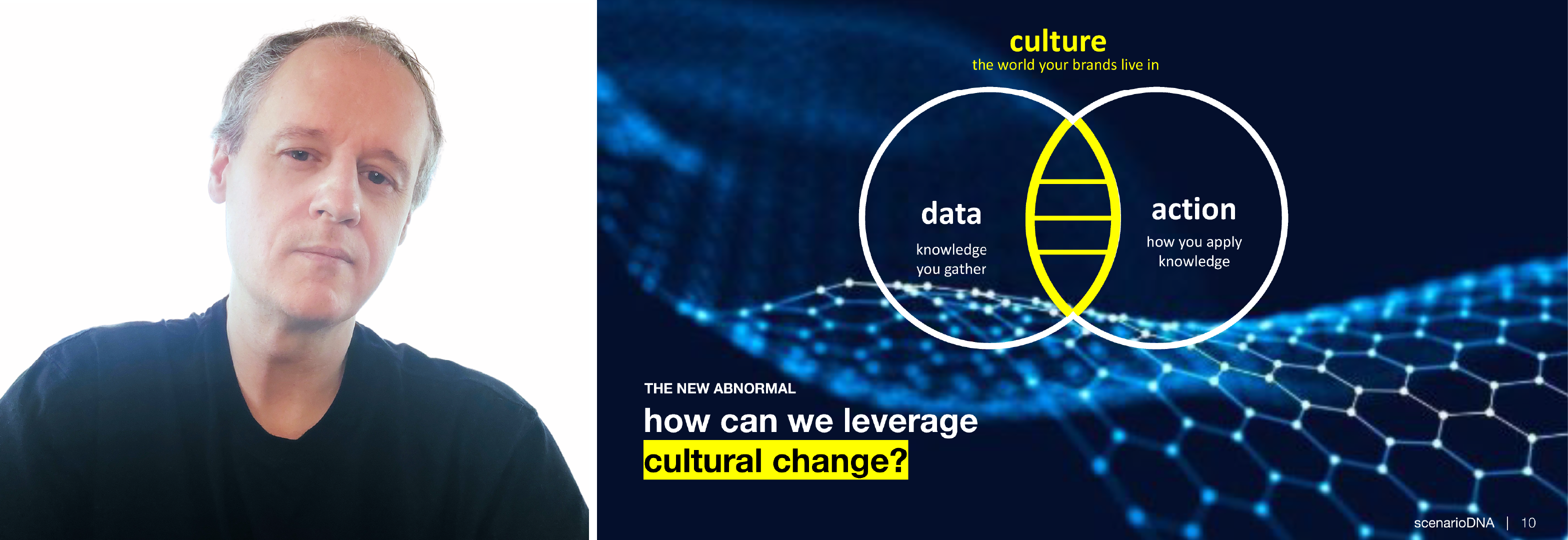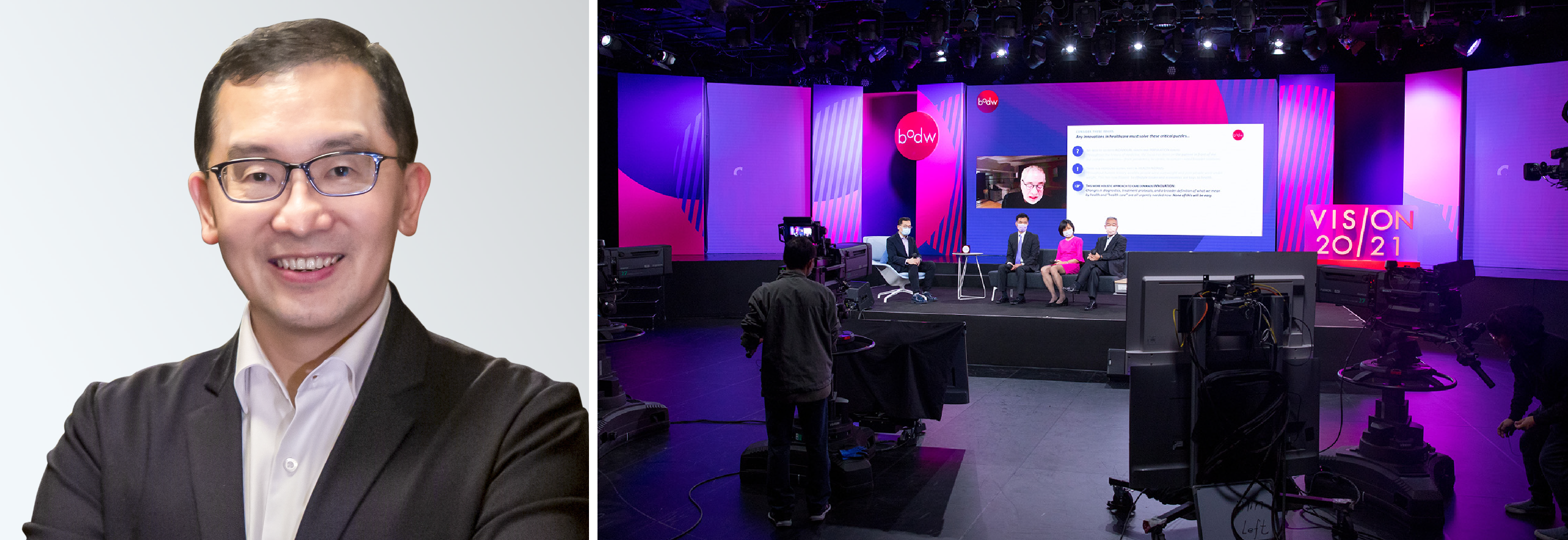DMatters June 2021 Issue

In today's business ecosystem, many companies are engaged in the provision of services. Even enterprises traditionally regarded as manufacturers have transformed themselves into a Product-as-a-Service business model: IBM expanded from computer manufacturing into business and technology consulting in as early as the 90s, and Philips has pivoted from a product-oriented company into a tech and healthcare service provider, to name a few examples. The service economy has thus risen as the powerhouse of many economies around the globe since the late 20th century.
 Eric Gnock Fah, Co-founder and COO of Klook.
Eric Gnock Fah, Co-founder and COO of Klook.
Human-centred design enables an organisation to better understand the needs, motivations and concerns of their customers.
With its massive role in the world economy and the pandemic's profound impact on it, rebuilding the service economy post-Covid will be a top priority. It is clear to many that many pandemic-induced changes in our everyday lives will stay for good. "Consumers' expectations have changed and business models must be adapted to meet the shift. Human-centred design enables an organisation to better understand the needs, motivations and concerns of their customers. Only then will organisations be able to develop solutions that truly address the root of the problem, especially in this new reality," said Eric Gnock Fah, Co-founder and COO of travel and leisure booking platform Klook.
 Cheaw Hwei Low, Head of Design, Philips ASEAN Pacific and Design Consulting, Asia.
Cheaw Hwei Low, Head of Design, Philips ASEAN Pacific and Design Consulting, Asia.
Co-creation, our expression of design thinking, allows us to quickly make sense of the complexity of care-pathways for Covid-19.
While almost the entire service sector has been heavily hit by the crisis, it is no exaggeration to say that the healthcare industry has undergone a sea change. Philips is one of the key leaders in the battle with Covid-19. “Philips has transformed into a health technology company, pivoting from products to creating outcome-driven, experience-based service solutions. During the pandemic, we rose to the challenge and had a real impact with this approach in practical and pragmatic ways”, said Cheaw Hwei Low, Head of Design, Philips ASEAN Pacific and Design Consulting, Asia. “Co-creation, our expression of design thinking, allows us to quickly make sense of the complexity of care-pathways for Covid-19 to deepen our understanding of the clinician and patient needs across the continuum of care. Through our understanding of this experience journey, we were able to provide a clearer lens and identify the components required to create minimum viable solutions that could be prototyped and deployed at scale rapidly, helping health systems around the world deliver the critical care needed to their patients.”
 Reinier de Graaf, Partner of architecture studio OMA
Reinier de Graaf, Partner of architecture studio OMA
When it comes to designing for healthcare, the best option for architects might be to regard space as equal to time – adaptable, changeable, evolving.
Even before the pandemic, international experts have been working across disciplines to innovate future healthcare. “Design alone won’t fix the problems of the healthcare system. That was a short-lived illusion," said Reinier de Graaf, Partner of leading architecture studio OMA. He believes we need a new mindset to design healthcare infrastructures that are future-proof. "A hospital takes up to 12 years to be designed and built. Meanwhile, medical technology improves every 3 years, rendering any new hospital virtually obsolete from the moment it opens its doors. When it comes to designing for healthcare, the best option for architects might be to regard space as equal to time – adaptable, changeable, evolving… only then will the fruits of their labour be able to withstand whatever disruptions the future may have in store.”

Tim Stock, Co-founder and Managing Partner of foresight consultancy scenarioDNA
To engage interaction going forward requires an attention to the intersectionality of design as well as its long-term purpose.
As a discipline helping other industries to innovate and transform, design itself is always in the vanguard of change. The pandemic has pushed design professionals to rethink empathy, as Tim Stock, Co-founder and Managing Partner of foresight consultancy scenarioDNA, points out. "This crisis revealed how much we were missing in human behaviour and the true purpose of design. We have been reminded of the messiness that was always there between humans and their world. To engage interaction going forward requires an attention to the intersectionality of design as well as its long-term purpose. We must consider a broader range of users and emphasise the outliers more than ever before. They test the boundaries of use and sustainability. Successful designs must be able to change with the changing conditions around us," he adds.
Amidst wave after wave of global challenges, it is imperative for service-driven businesses to transform themselves progressively and proactively. This year's Knowledge of Design Week (KODW), taking place from 21 to 25 June, will steer this pertinent discussion with the theme 'Reimagining Service Economy'.
Gathering experts from tech, healthcare, hospitality, retail, e-commerce, service design, trend forecasting, entertainment, etc., the forum will explore how design thinking and technology are redefining industries and creating meaningful user experiences: How do we transform services digitally without losing the human touch? How do we accelerate human-centred innovation for healthcare? How do we use design thinking to reimagine hospitality offerings for the new normal? How do we make optimal use of smart data to improve customer journeys in retail and e-commerce? How do we continue to drive disruptive innovation amidst Covid-induced disruptions?
In addition to the speakers who have shared their valuable views above, KODW features more than 50 leading experts and entrepreneurs from local and international organisations, such as Google, Microsoft, HSBC, Siemens, Royal College of Art, UNStudio, Yates and Partners, ViuTV, Alipay HK, K11, Tencent, Huawei etc. Their pioneering insights and mind-broadening ideas are what we all need as we grapple with manifold global challenges and seek to blaze new trails in the post-Covid world.
 Dr Edmund Lee, Executive Director of HKDC
Dr Edmund Lee, Executive Director of HKDC
KODW 2021 will be broadcast live on ViuTV for the first time, as well as online and on social media platforms. Policymakers, industry leaders, entrepreneurs, innovators, design practitioners and other experts from all over the world can take part in this timely discussion and exchange their views with like-minded peers. “As part of Hong Kong Design Centre's own digital transformation, this simulcast hybrid forum format has been proven resoundingly successful as we advance the design movement and advocate human-centred design and application of design thinking for economic wealth and societal wellbeing, starting from Business of Design Week (BODW) 2020”, says Dr Edmund Lee, Executive Director of HKDC.
Featuring world-leading luminaries, forward-thinking themes and perspectives, and a trendsetting hybrid format, KODW is a one-of-its-kind cross-disciplinary knowledge sharing event in Asia that is simply unmissable. Register now to get free access for all the live sessions and follow KODW's Facebook page and Instagram for the latest news!
In this issue, we will be inspired by the creative concepts and artistic minds from 2 of our current exhibitions, 'Brand New Youth' at Design Spectrum and Design District Hong Kong (#ddHK)'s 'Colour Fantasy'. We will also get to meet 3 local design startups with markedly different design philosophies and business models, all currently under the Design Incubation Programme (DIP). Last but not least, we will listen to the fruitful journeys of 5 young local fashion entrepreneurs who are graduating from the Fashion Incubation Programme (FIP) this summer.
Click here to read the full issue of DMatters June 2021.
Further readings
More about KODW 2021
https://www.kodw.bodw.com
Cheaw Hwei Low: What goes into a design when innovating for healthcare?
https://www.youtube.com/watch?v=v5h8ecJz70c&ab_channel=CentreforHealthcareInnovation
OMA: What is the hospital of the future
https://vimeo.com/350586481
How Travel App Klook Pivoted During the Covid Pandemic, Hong Kong Tatler
https://hk.asiatatler.com/life/klook-travel-company-covid
scenarioDNA's patented culture mapping methodology
https://www.scenariodna.com/culturemapping